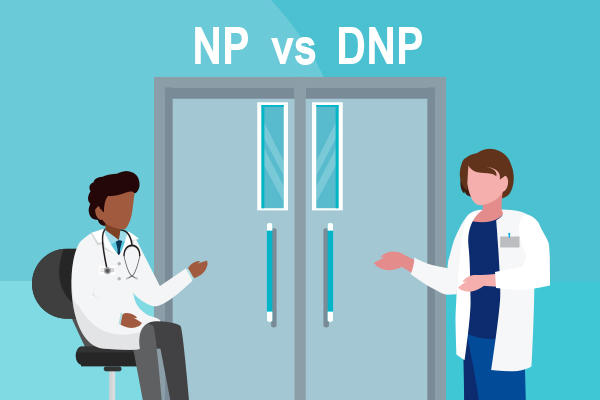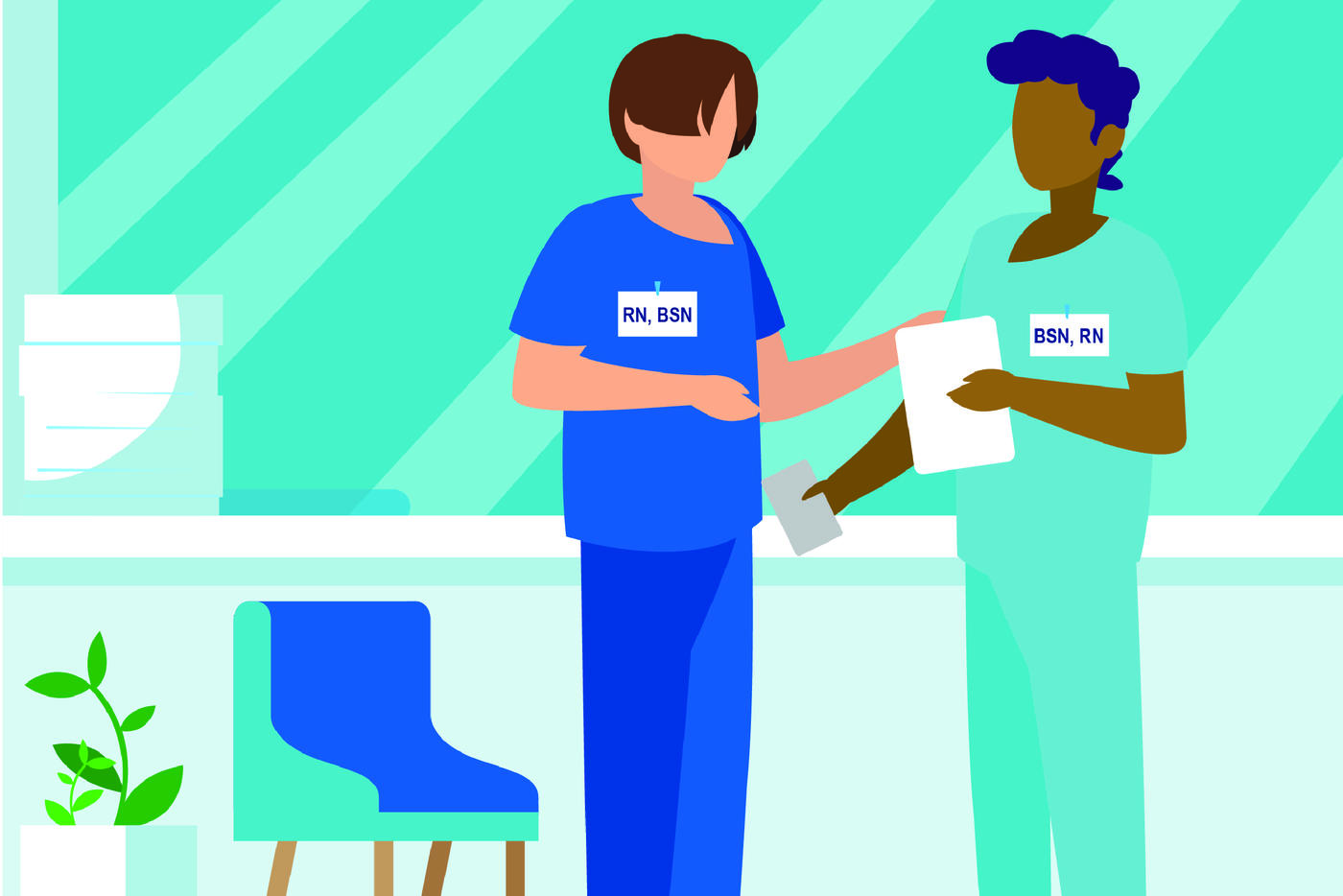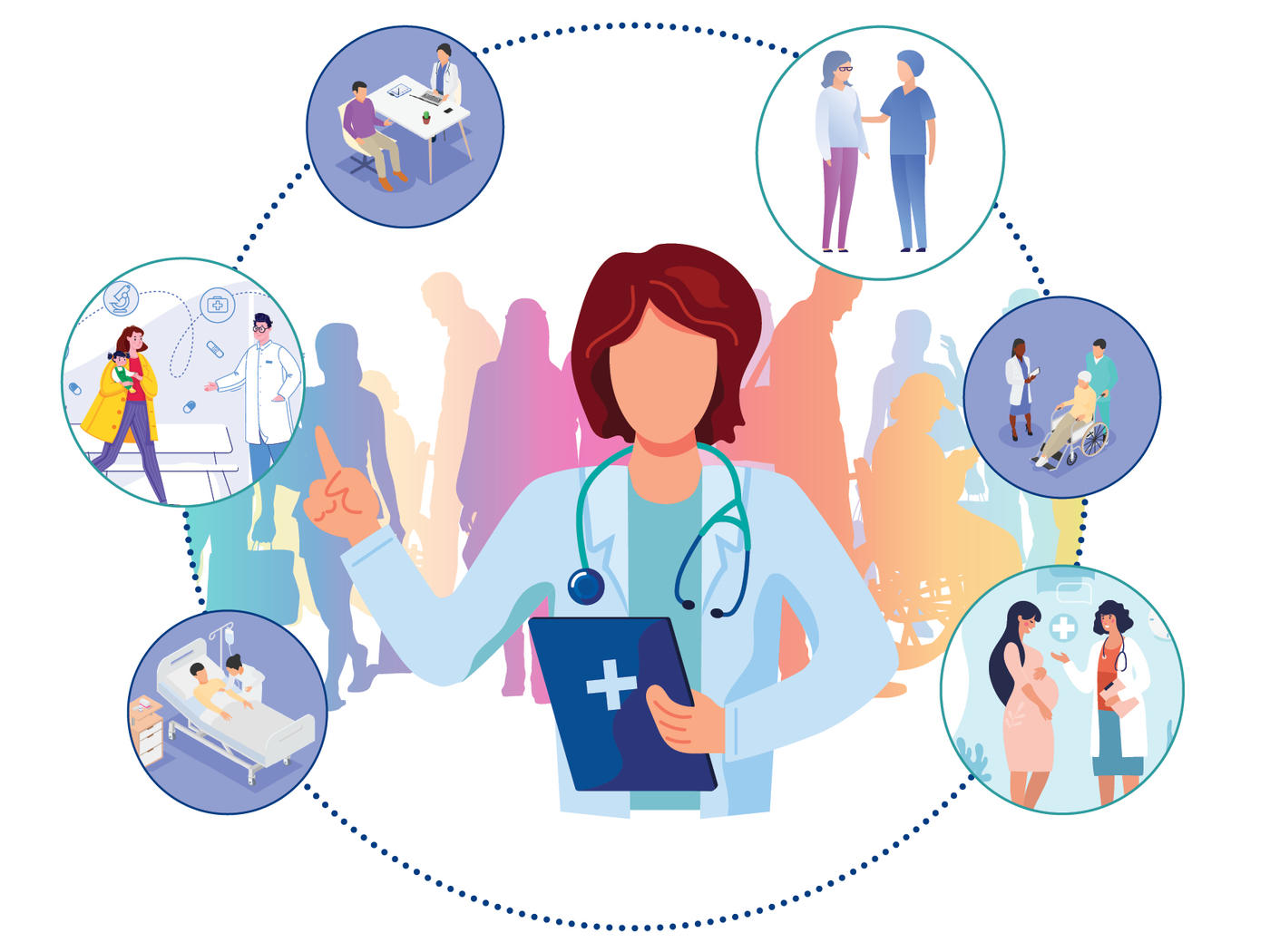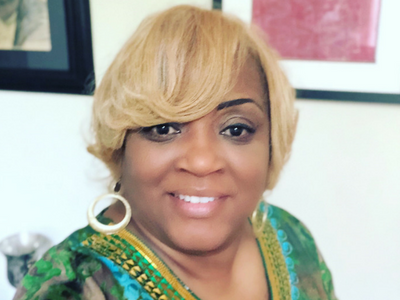Featured
Tags
Share
- Home / Blog / Nursing Today / On the Frontlines: Alumni and ICU Nurse, Rachell Dumas, Fights to Save Lives in New York - Part One
On the Frontlines: Alumni and ICU Nurse, Rachell Dumas, Fights to Save Lives in New York - Part One
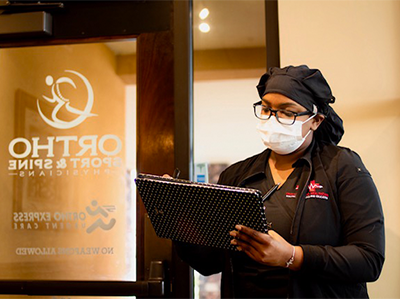
Like many of our outstanding alumni, Chamberlain University, Atlanta graduate, Rachell Dumas-BSN, has worked on the frontlines of nursing during the COVID-19 crisis. Uniquely, Dumas, a traveling ICU nurse, was called to serve in one largest outbreaks in the United States during the height of the pandemic - New York City.
Chamberlain University had the extreme privilege to speak with Ms. Dumas about her time in New York.
Thank you for taking the time to speak with us, Rachell.
My pleasure.
What made you decide to go up north to New York City and be on the frontlines where it was one of the largest hot spots in the country?
I was on a travel assignment, that same company I worked with in Atlanta reached out and said, “Hey we’re having a COVID-19 crisis in New York.” Which I knew, even if I didn’t watch the news, I knew there was a crisis in New York.
At this point, COVID-19 had really hit, my husband had lost his job. At the time, I took it seriously, but I didn’t know the magnitude. In Georgia it was nowhere near as bad as it was in New York. So I said, “Okay - I’m going to go.”
I don’t think I had a real reality check of how severe the virus was until I got to the hospital on that first day and I saw a body freezer outside. It scared the living daylights out of me. I cannot express to you how I felt - I was in shock, I was in shock.
So what were you seeing in the ICU? Were there any success stories where people got off the ventilator and went home?
Let me explain how bad it was to you: Before orientation, even before I had started, I saw 10 dead bodies pass me as I looked out the door. Then, when I finally made it to the ICU and met my manager, she said, “I know the contract said 10 bed ICU, but…” By the time I got there the entire hospital was a COVID-19 hospital. Everyone was an ICU nurse, overnight, and you can imagine how scary that is. If you’ve never been in ICU, you have a lot of things - different medications, ventilators, things that you need to train for. If I had to do that overnight, I would be afraid for my license. Doctors were spread so thin that we had a plastic surgeon who was overseeing one ICU. She depended on me to know the orders, to know how to treat different patients with different processes. She was like, “Do you usually do this?” If I hadn’t had my ICU training at Grady and at Chamberlain, I wouldn’t have known what to do.
Yes, we did see some success, but later in my assignment. In the beginning [of my assignment] it was less successful. COVID-19 was very new and people were dying at a rapid rate.
People were coming in and dying within a day?
In a day, in a couple of days, some people - it was weird - they could be on the ventilator for a month and then die.
So we’d be working on that person, pumping in all these medicines, doing all these different treatments that were supposed to work, then they’d still die.
Can you talk about how you were counseling patients? Or, more so their families, by the time they got to ICU?
Because I was in the ICU, most of our patients were ventilated, and incoherent because they were sedated. Granted, I’m used to death, I worked at a trauma ICU. I’d grown comfortable with death, but this was on another level. The families were what really got me. Usually, the families come in, they hold their loved one’s hands. We had to remove all that for their safety. They were relying on us to use the iPads for everything.
Did you feel a sense of fear from your patients?
Before they were intubated, yes. There was just so much unknown. It was just very sad, I think that’s what gave me a lot of mental trauma from the whole experience. When they died, we would have to hold their hands, one of us would be holding the iPad so their loved ones could watch their family member die. It was so traumatic.
Talk to me about the emotional toll. How did you get through those days?
The whole time I was in New York, I barely slept, I cried every day. I talked to my husband, I cried to him. I talked to my friends and cried. I cried to my grandparents. And, then they were like, “Why are you still up there?”
I said, “I can’t leave.”
Do you feel like you have any post-traumatic stress disorder symptoms from being on the frontlines of COVID-19 in new York?
Oh, easily. I still hear the ventilators in my sleep. What gets me, it’s the dreams [of being back in the ICU.] Or, remembering seeing the family members crying - I can’t get it out of my head. It’s gotten better, but I can’t get it out of my head.
Read how Rachell Dumas was personally impacted by COVID-19 in Part Two of our interview with her.
Chamberlain Care ® - We believe if we take extraordinary care of our students, we will graduate extraordinary healthcare professionals who will have a significant and positive impact on healthcare around the world.
To learn more about Chamberlain University degree programs, please visit Chamberlain.edu.
By Kate Rice
More from Nursing Today
Request More Information
To receive the Chamberlain University Program Guide, including associated career paths, please select a program of study.




